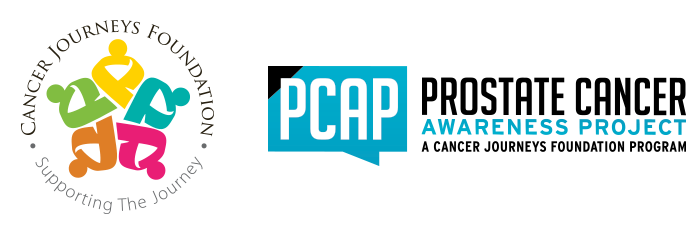On the Road to Recurrence?
I’m now mid-way through my ninth year as a prostate cancer survivor, which means that I’m approaching the 10 year point where prostate cancer tends to recur, it it’s going to.
Two weeks ago I was in Washington, DC for the final day of our 171-day Prostate Cancer Pony Express and two prostate cancer conferences, the Celebration of Science hosted by the Prostate Cancer Foundation, and the Zero prostate cancer summit.
I was struck by the dedication and hard work of the research community but there doesn’t appear to me to be any dramatic treatments on the near-term horizon. Given that 30,000 men die each year from prostate cancer, all prostate cancer survivors support continued research funding.
But, with my PSA having moved from undetectable 5 years ago to the .04 – .08 range, I’m concerned about what I personally can do prevent or delay its recurrence.
How About a Plant Based Diet?
I’ve written before about the China Study, a book by T. Colin Campbell, that very succinctly points out – along with detailed references to the relevant science, that a plant-based diet – no meat or dairy – can – read almost always – have dramatic positive impact on the body’s health.
The result is a dramatic increase in the body’s own immune system, and its ability to fight cancer cell.
Like most people, I tend to do pretty well for long periods of time and then I fall off the plant-based wagon.
Zen Habits to the Rescue
I follow a blog called “zenhabits” written by Leo Babauta. His post today was all about a plant-based diet. You can read his post by clicking the following link: EAT PLANTS!
Thanks, Leo. I’m back on the wagon. Which is not a good thing at all.
Maybe the Red Line can Help Me
Next time I’ll tell you a little secret I learned that helps me change my behavior. It’s called the “Red Line.”




2 comments
Cclau
December 7, 2012
I’ve heard of a lot of different tteatmenrs ranging from eucalyptus to new types of drugs. If you’re interested, you should look into clinical trials. These go on quite a bit and only need a little bit of research to find. The National Cancer Institute should have some pretty good information on how to go about finding them.